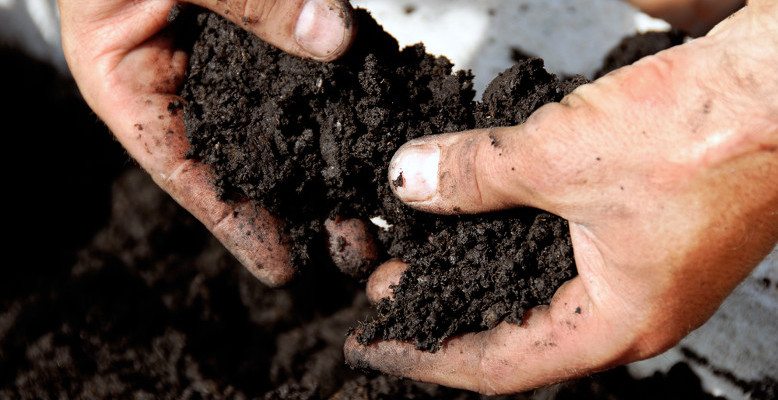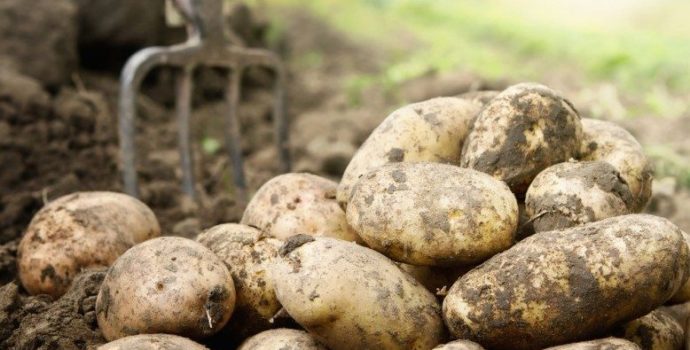IFA President Calls on Taoiseach to Address Agri-food Sector Concerns on Climate Change Bill

Ahead of his appearance before the Oireachtas Committee on Climate Change today, IFA President John Bryan called on the Taoiseach Brian Cowen to address the legitimate concerns of the agri-food sector at his meeting today with Environment Minister John Gormley.
John Bryan said there was unanimous agreement among farmers and agri-business, and a strategy agreed at Government, regarding the potential of the industry to drive exports and jobs. The Climate Change Bill will damage this potential and cost the economy €4bn in lost export earnings. “This issue is of national importance and the Government must address the implications for the agri-food sector before the Bill proceeds any further.”
Mr Bryan said he would be stressing the importance of a proper consultation period before any legislation is considered. “The closing date for submissions is later this month. To begin the debate in the Oireachtas before members have a chance to evaluate the views of everybody affected is the wrong approach and underlines the rushed nature of the legislation.”
IFA is proposing four key principles which must be included as amendments to the legislation to safeguard the 270,000 jobs in the agri-food sector, the national Beef Herd, and the €4bn future growth of our largest indigenous industry.
1. The greenhouse gas emission reduction targets set out in the Bill must not exceed Ireland’s international obligations.
2. The Bill must give agriculture direct credit for current and future carbon offsets generated by forestry, bio-energy, permanent grassland and other land uses, up to 2020.
3. The Bill must not restrict the growth and export targets of our indigenous agri-food sector, as set out in the Food Harvest 2020 strategy.
4. That Bill must recognise Ireland’s role in the expansion of food production in an environmentally sustainable manner in order to meet increasing global demand for food and must guard against the negative global consequences of carbon leakage in other regions.




